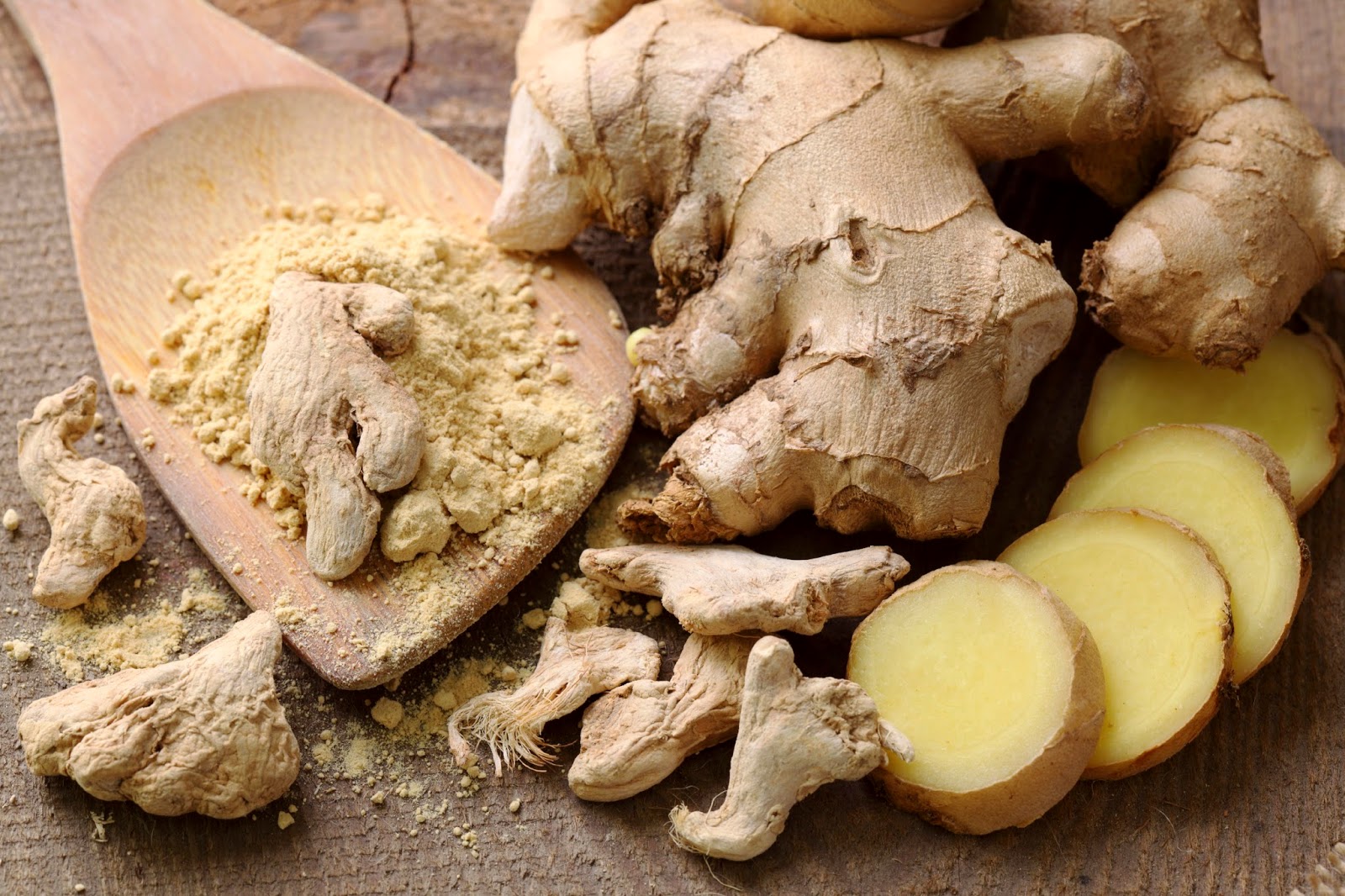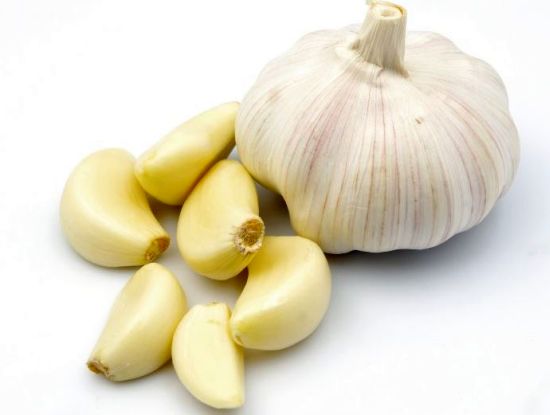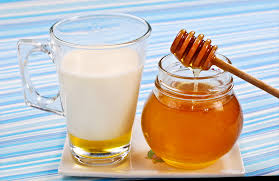Breast milk is the recommended food for the babies. The milk contains all the nutrients a baby needs for growth and development. In addition, breast milk contains natural antibodies to strengthen the baby's immune system. However, it can contain some unwanted ingredients if you are on medication. About 1% of the dose you are taking will be contained in the milk. It is important to know the right medication while breastfeeding because wrong medication will reduce milk supply or have an impact on the growth and development of the baby. But many medicines are safe to use while breast-feeding. Then what about cough medicines? Can you take them?

Can You Take Cough Medicine While Breastfeeding?
This largely depends on the medication taken.
- You can take cough suppressant dextromethorphan which has been considered safe and does not affect the baby when breastfeeding.
- Generally, lozenges, throat sprays, and cough drops are also safe; it is essential that you steer off drops that contain high menthol content because they can reduce milk supply.
- Linctus should be also avoided by breastfeeding mothers because it reduces milk supply.
- Oral decongestants such as pseudoephedrine or phenylephrine will reduce milk supply, especially during the stage of lactation. In addition, oral decongestants also pass on to the milk in small amounts, which can cause sleep disturbances, irritability, and restlessness of the baby. It is imperative that you avoid oral decongestants during breastfeeding if possible.
- The safety of guaifenesin is questionable.
- Taking medications which have codeine as an ingredient while breastfeeding may cause drowsiness of the baby.
Precaution: Talk to your doctor about the safety and dose of any medicine you take while breastfeeding. Use of single-ingredient medicine rather than a multi-symptom formula is recommended.
Tips for Taking Medicines While Breastfeeding
The following tips can help minimize the effects of medicines on the baby.
1. Take Short-Acting Medications
It is recommended that you take cough medicine while breastfeeding that can be eliminated by the body quickly. The short-acting medications are recommended over the long acting ones because they will clear quickly in the system. Short-acting medications can be taken immediately after a nursing session while the long-acting medications should be taken before the baby goes for a long sleep period. If you take the short acting medication immediately after the nursing session, there is a high possibility that it will have been eliminated before the next nursing session.
2. Watch for Reactions in Your Baby
When you are prescribed any medication, it is imperative that you monitor any reaction on the baby. Some of the reactions you expect include loss of appetite, excessive crying, vomiting, sleepiness, skin rashes, and diarrhea. In case any of the symptoms appear, call your pediatrician.
3. Express and Store Your Milk
If the doctor needs to prescribe a drug that may have a negative impact on the baby in the short time, express and store your milk. This is important because the baby will not be affected by the contents of the drug. The period required for clearance of the drug in the system is usually based on the drug and the doctors will advise you on this.
Natural Remedies for Cough
If you are concerned about the effects of the cough medicine while breastfeeding on the baby, then you can resort to homemade remedies to relieve the symptoms and heal a cough. The home remedies are usually safe. However, it is recommended that you check the safety of the remedy with your doctor before using it.
1. Turmeric

Turmeric is an herb that has therapeutic effects on cough, especially a dry cough. Measure and boil a half cup of water in a pot, add a teaspoonful of turmeric powder and a teaspoonful of black pepper. You may include cinnamon sticks if you like. Boil the contents for 2-3 minutes. Add a teaspoonful honey. Drink it everyday until the condition improves greatly.
2. Ginger

Ginger is a widely used as a natural cure for different types of coughs. Cut fresh ginger into small pieces, then crush them, add a cup of water and boil. Drink the herbal solution 3-4 times a day and it will relieve a sore throat, congestion, and non-stopping cough. Alternatively, you can chew fresh raw ginger depending on your preference.
3. Lemon

Lemons can be utilized in different ways for curing coughs. Lemons contain components that reduce inflammation and they contain an infection-fighting vitamin C. You can make a simple cough syrup by combining a tablespoon of honey and two teaspoonfuls of lemon juice. Take this solution 3-4 times a day.
4. Garlic

Instead of taking cough medicine while breastfeeding, try garlic. Garlic has antimicrobial and antibacterial components which are essential in treating coughs. Boil 2-3 cloves of garlic in a cup of water then add a teaspoonful of oregano. Allow the mixture to cool and add some honey before drinking it. The solution will help in improving your breathing and alleviating cough symptoms.
5. Onion

Cutting onions is the simplest remedy for coughs. Breathing in the vapors from the onion will help alleviate the severity of a cough, because onion contains antibacterial and antimicrobial components that alleviate a cough. Make cough syrup from honey, comfrey tea, and baked onion juice. Drink the concoction daily to get the desired relief from a dry cough.
6. Hot Milk with Honey
 Mixing hot milk with honey can help relieve a dry cough and it reduces chest pains due to continuous dry coughing. For the best result, it is vital that you drink the solution before you sleep. Honey has analgesic properties which will soothe your throat and help clear mucus.
Mixing hot milk with honey can help relieve a dry cough and it reduces chest pains due to continuous dry coughing. For the best result, it is vital that you drink the solution before you sleep. Honey has analgesic properties which will soothe your throat and help clear mucus.
